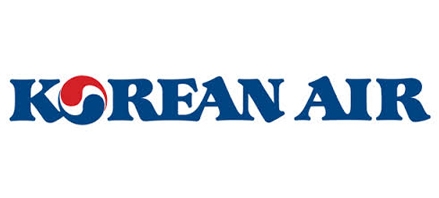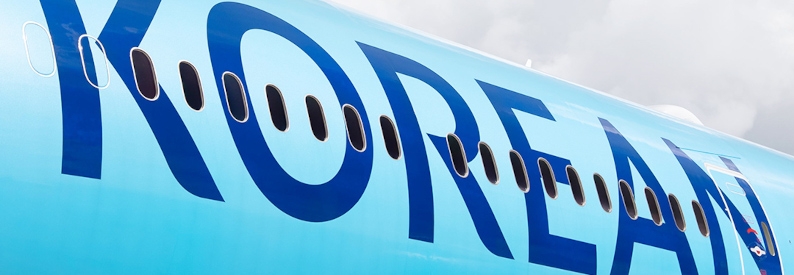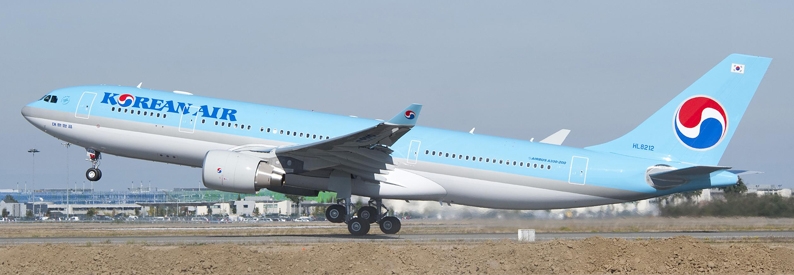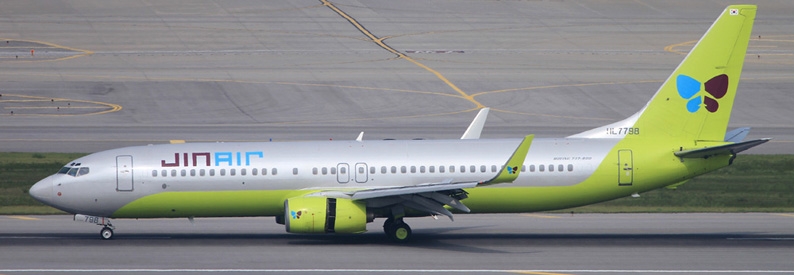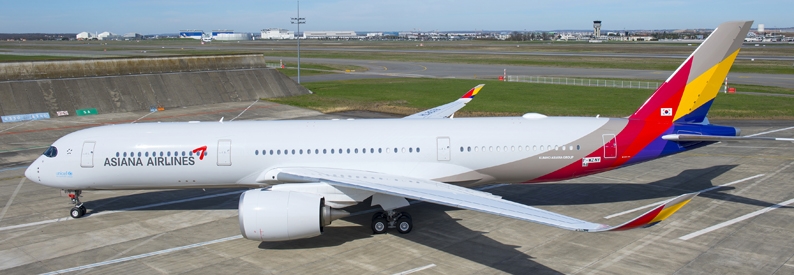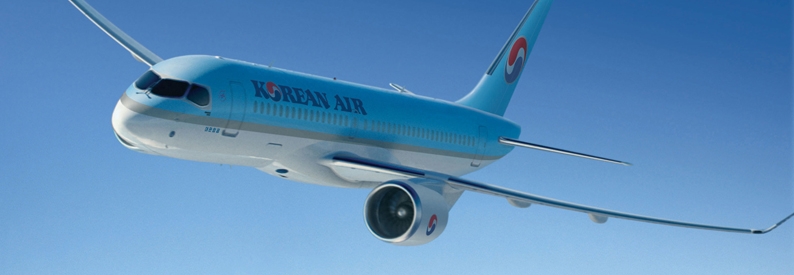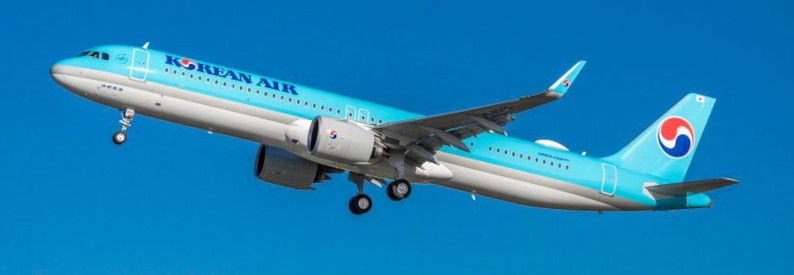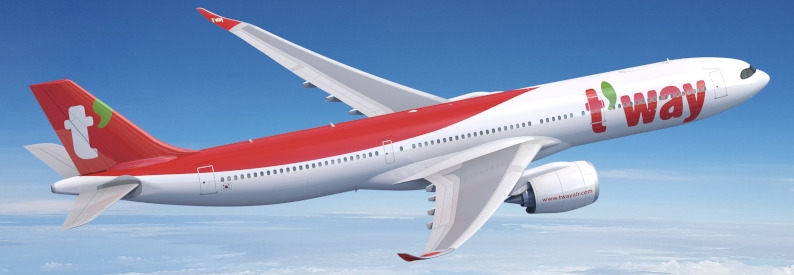The European Commission says that it will make a decision on the merger of Korean Air (KE, Seoul Incheon) and Asiana Airlines (OZ, Seoul Incheon) on or before August 3. This follows the commission previously pushing back the decision deadline from July after the merger case went into a second stage review.
The European Union, along with Japan and the United States, remain the last major jurisdictions not to have approved the merger, which will see the Asiana brand subsumed into Korean Air and the combined entity become one of the world's largest passenger carriers. In its preliminary investigation, the European Commission raised several potential concerns, including the potential for the merged entity to reduce or even eliminate passenger competition on routes between South Korea and EU member nations, and the potential to eliminate competition on cargo air routes between South Korea and EU member nations. The commission has also suggested that if the decision went against the South Korean carriers, it would likely have little impact on their current and future operations into Europe.
The ch-aviation Commercial Aviation Operator Capacity Data module indicates that eight airlines operate passenger services between Europe and South Korea, with the two South Korean carriers the clear market leaders. Between them, Korean Air and Asiana Airlines provide 58.86% of the weekly available seat capacity. The next biggest operator, Lufthansa (LH, Frankfurt International), has a 10.88% market share. That airline is trailed by Turkish Airlines (TK, Istanbul Airport), LOT Polish Airlines (LO, Warsaw Chopin), Finnair (AY, Helsinki Vantaa), Air France (AF, Paris CDG), and KLM Royal Dutch Airlines (KL, Amsterdam Schiphol). Five operators offer dedicated cargo flights between Europe and South Korea, with Korean Air providing 42.86% of the available frequencies, followed by Lufthansa (25.0%), Asiana Airlines (10.71%), Cargolux (CV, Luxembourg) (10.71%), and Silk Way West Airlines (7L, Baku Heydar Aliev International) (10.71%).
Margrethe Vestager, the European Commission's executive vice-president in charge of competition policy has previously publicly noted the size of Korean Air's market share and the potential impact on prices and services if the merger was approved. Other competition agencies had also raised similar concerns, but following concessions and agreements from the Korean carriers, have so far approved all the merger.
- Type
- Base
- Aircraft
- Destinations
- Routes
- Daily Flights
